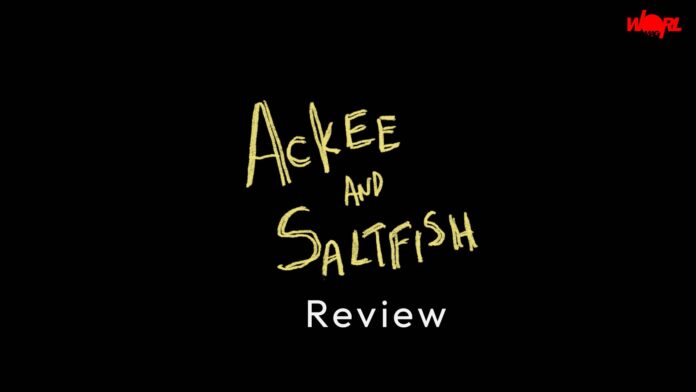Ackee & Saltfish – Short Film Review
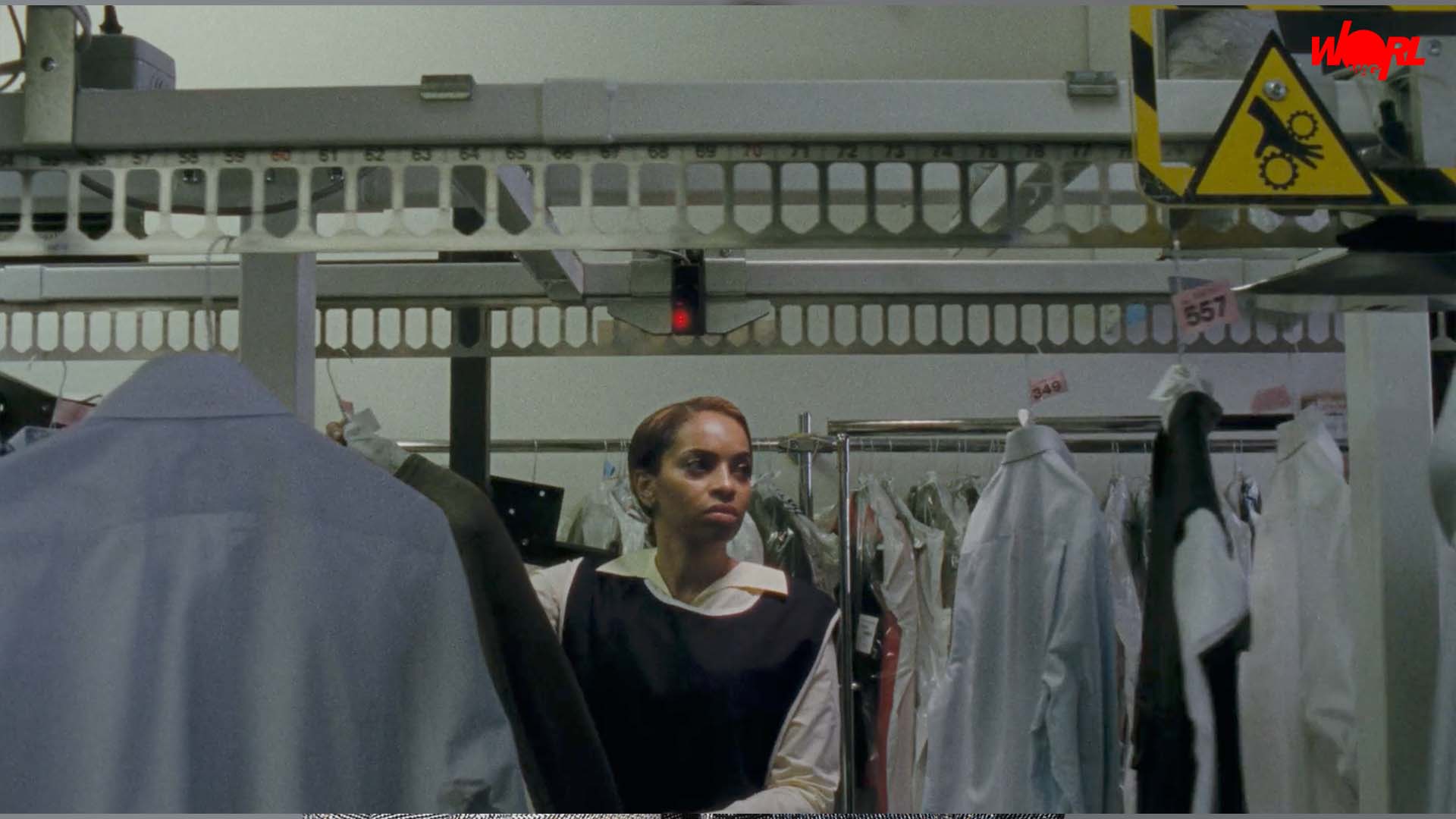
The film opens with a striking image of a working-class mother in a laundromat, grounding the story in the everyday struggles of immigrant life. Subtle details hint at a setting that feels both nostalgic and modern — postcards featuring ackee suggest a time past, while the inflated prices in the corner shop reflect the realities of today, or perhaps even a near future.
Her children, fully adapted to British culture, wear England football jerseys and wave flags with pride as the national team takes the pitch. This contrast between generations highlights the tension between cultural assimilation and ancestral identity.
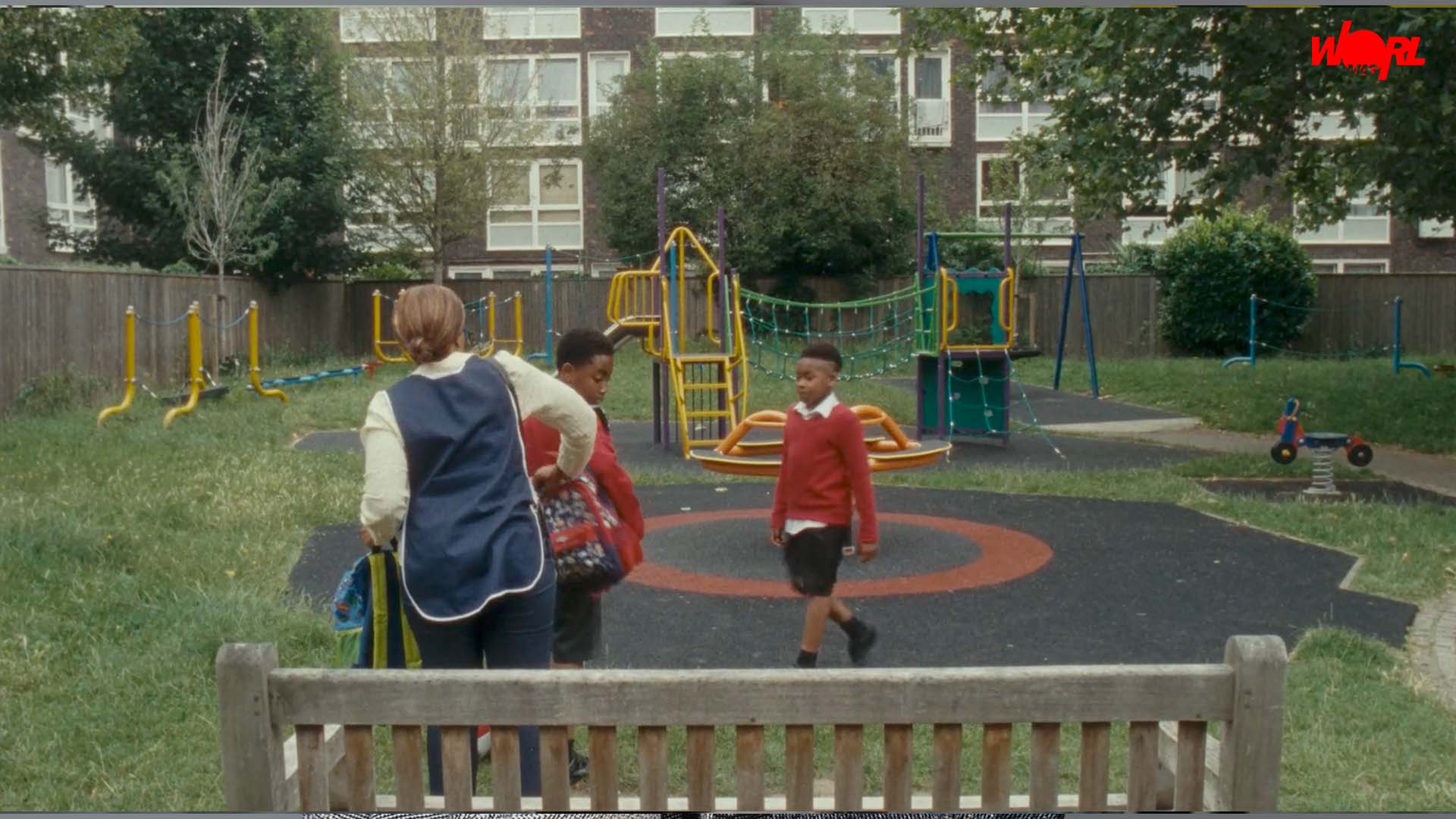
The mother’s attempt to prepare the traditional dish ackee and saltfish becomes a symbolic act — a tender effort to reconnect her family with their Jamaican roots. Through her, we see the struggle of holding on to one’s heritage while living in a society that often encourages forgetting it.
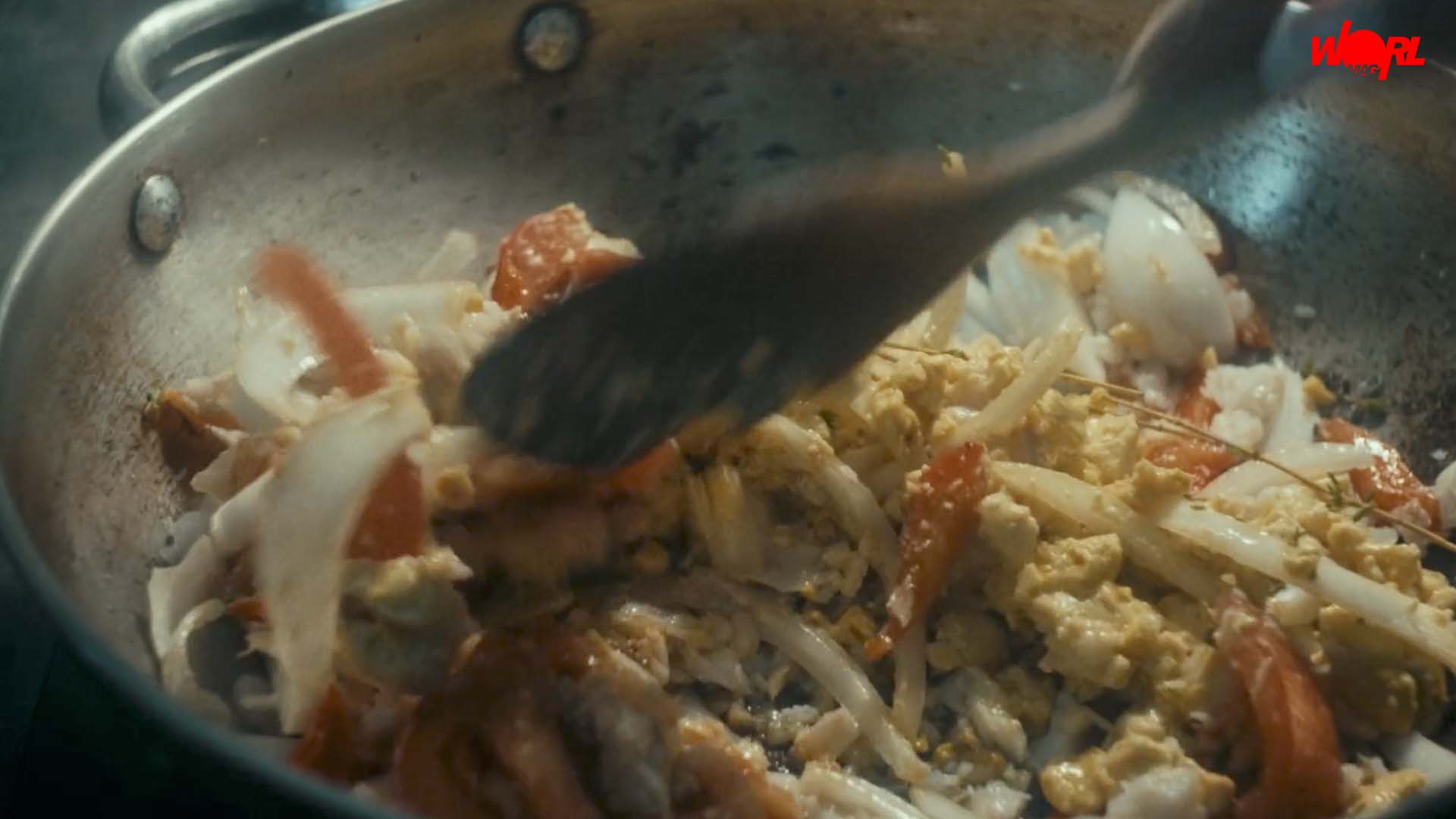
There are, however, some storytelling gaps that leave the audience with more questions than answers. A few scenes could have been omitted, while others — particularly those tied to Jamaican cultural pride — might have benefited from deeper exploration. Still, as a directorial debut, these shortcomings are forgivable.
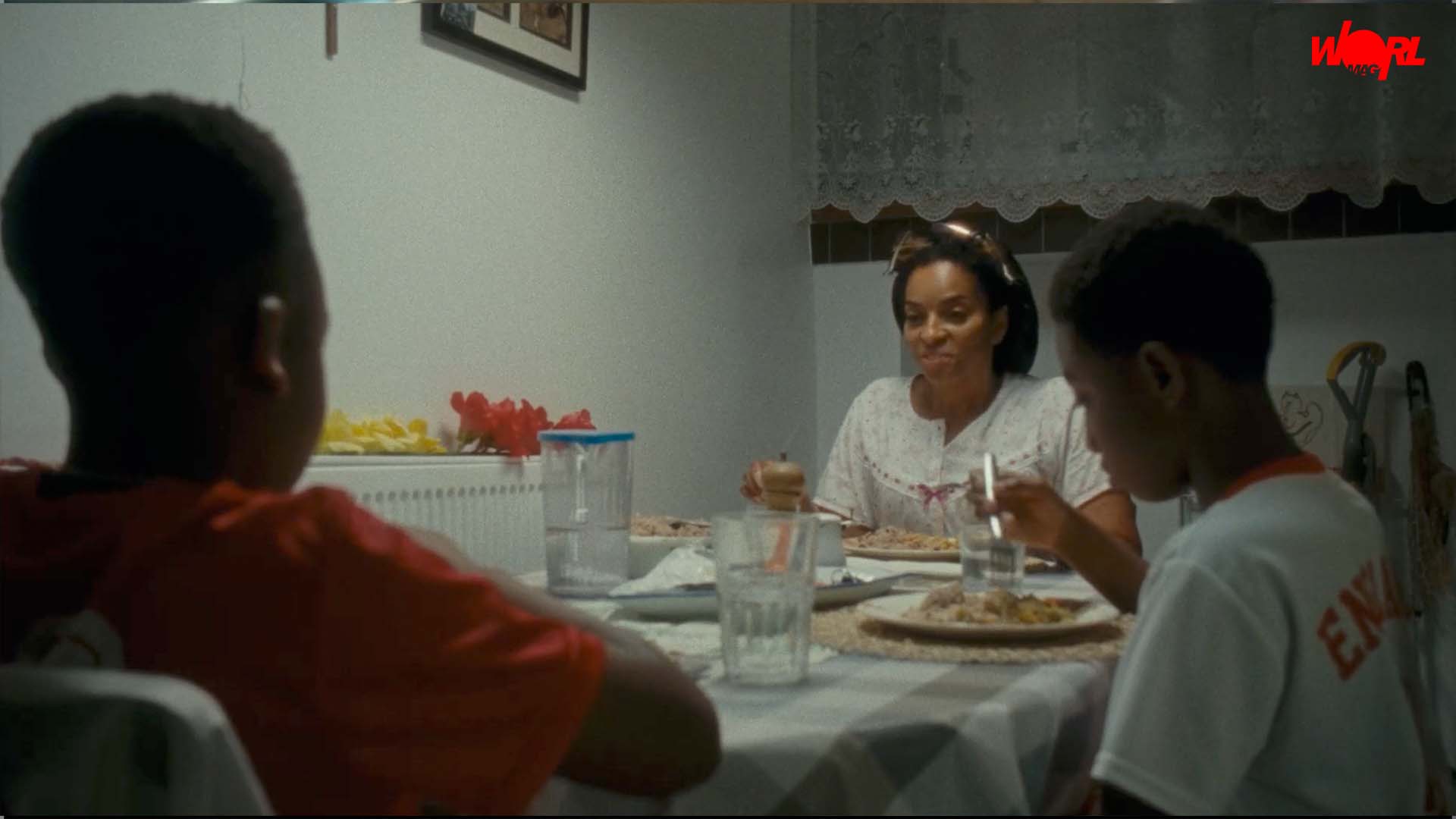
Ultimately, Ackee & Saltfish succeeds in conveying a universal truth: food is more than sustenance — it is memory, identity, and connection. The film reminds us how migration can sometimes create a disconnect between generations in behaviour, mannerisms, and cultural awareness, yet also how shared traditions like a home-cooked meal can bridge that gap.

